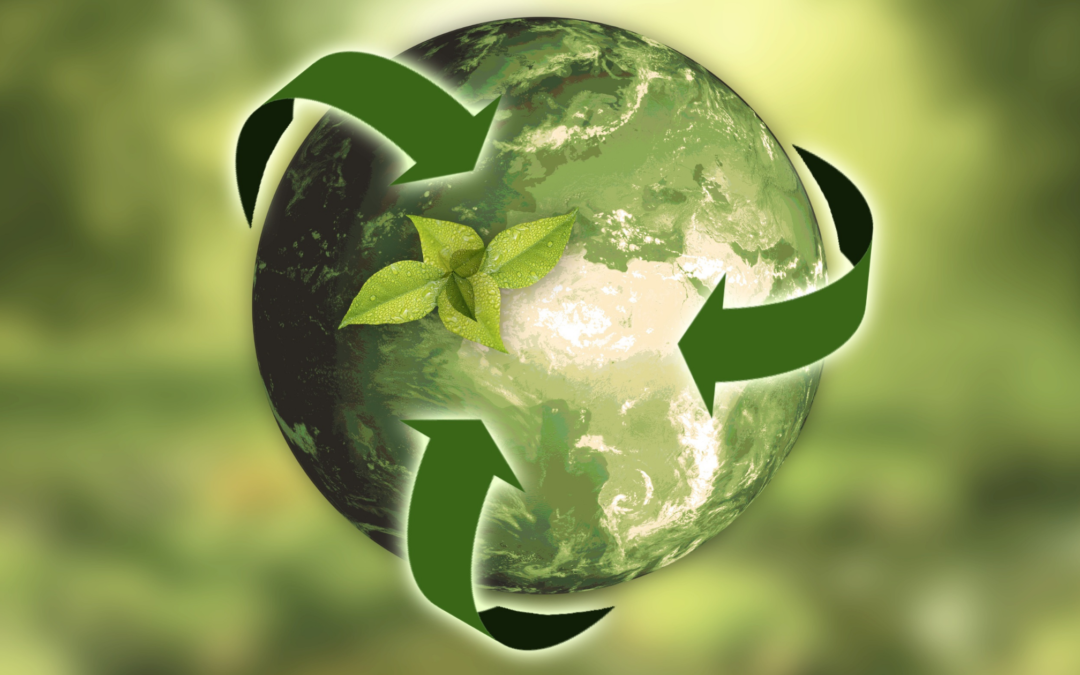Over the past 20 years, urban areas have demonstrated exponential growth. There has been a drastic improvement in cities, automobiles have developed, infrastructure has changed, and populations have increased. This is all excellent news, but with this has come extreme side effects by humankind. The carbon footprint left from urbanization has been significant, and it is not sustainable if we want to keep the earth in good shape for years to come. According to the UN, to “ensure a viable, healthy and environmentally sound future, the world needs another industrial revolution, where development is fuelled by affordable, accessible and sustainable energy resources.” Below we will explore different ways to increase sustainability in our everyday practices as a society.
Firstly, we need to be using anaerobic digestion as a way of disposing of waste. Population growth and increasing urbanization have made an urban waste generation and disposal a very critical issue. Anaerobic digestion is where biodegradable waste is decomposed due to lack of oxygen and then produces methane-rich biogas, which helps to promote energy production. This biogas can combust and generate heat and electricity. Using this method would decrease demands for landfills. Next, solar power needs to become more widespread. Solar power gets rid of environmental concerns such as increasing water consumption and subsequent shortages because there is no water involved in the process. Using solar power as an energy resource is much more sustainable than using hydropower, nuclear, or biomass. Recently, solar power has also decreased costs, making them competitive with fossil fuel-based power generations.
The following two aspects we want to focus on are efficient eco structure and eco-cities. It is possible for the near future to bring increased developments in on-site renewable energy production, which would lead to highly energy-efficient low carbon eco-cities and zero-emission buildings as well. One of the latest developments is a solar, wind, and rainwater harvester for urban high-rise buildings to optimize energy production and efficiency. If eco-cities start producing things such as smart grids and low-carbon, green environment, there will be many benefits to follow. From this, we can expect to see minimized demand for land, reduced transmission costs from bringing local energy supply closer to the demand, and better energy security and reliability.

